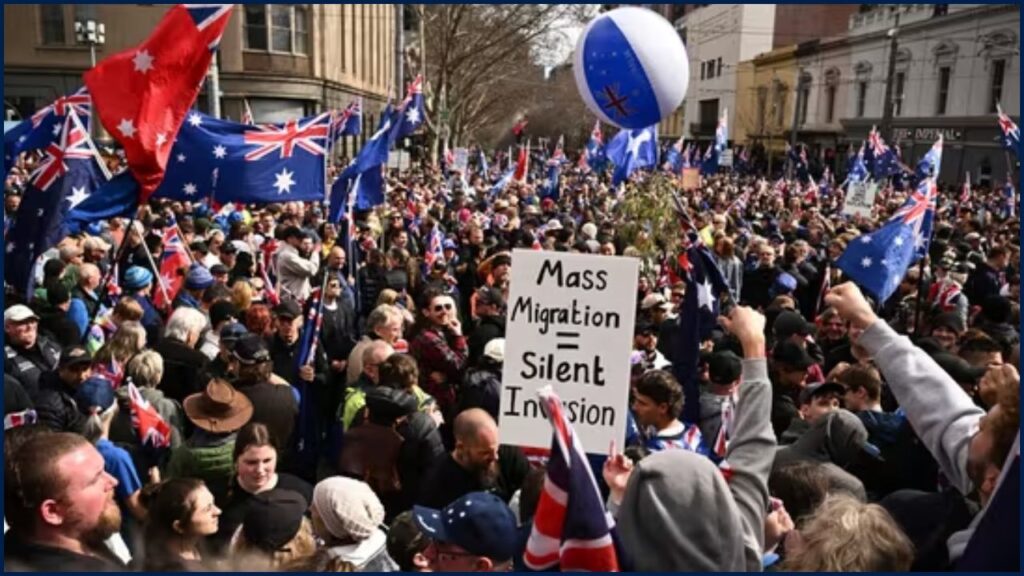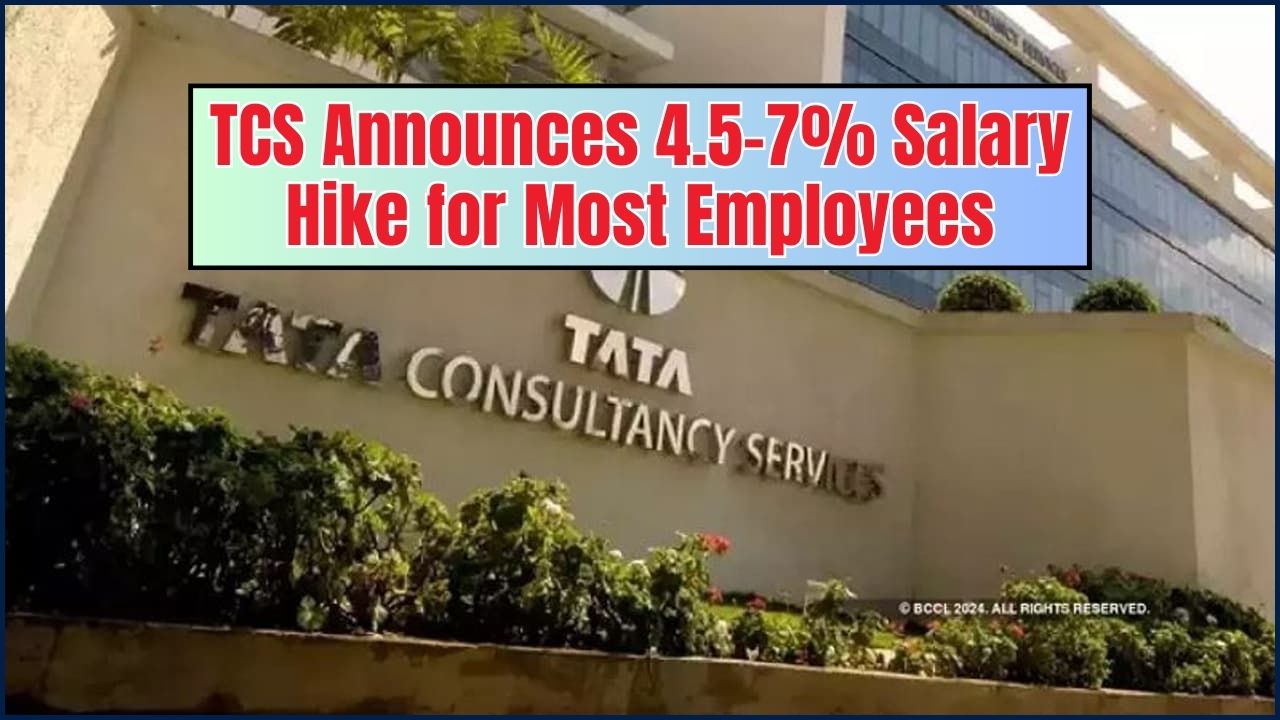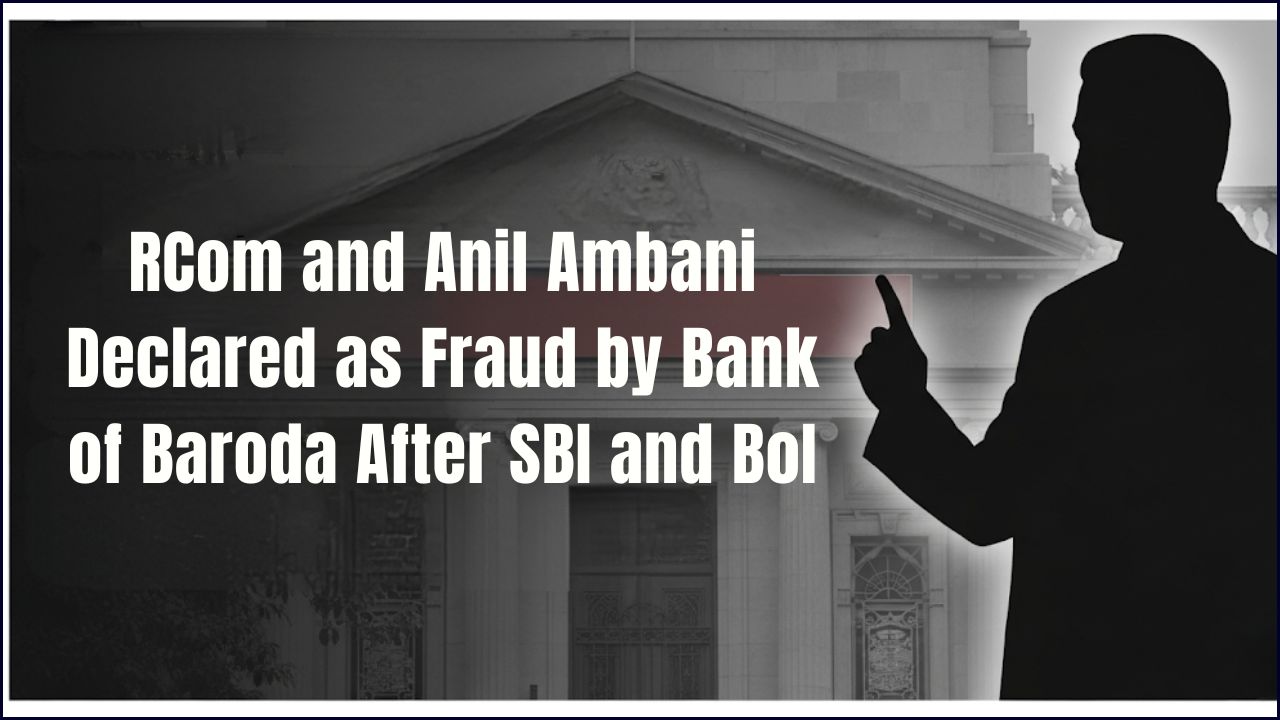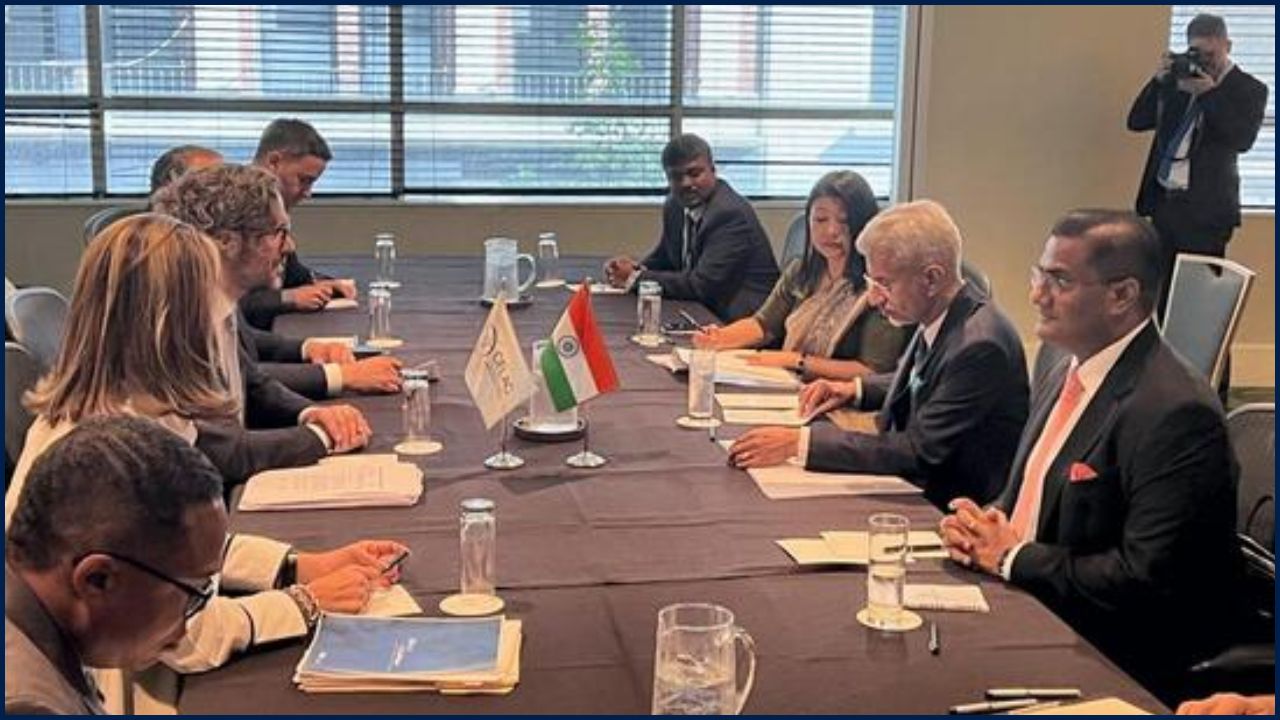
Large-scale anti-immigration protests across Australia have prompted a strong response from India, which expressed concern for the welfare of its diaspora community. The rallies, some marked by violence and extremist slogans, were condemned by the Australian government, while India’s Ministry of External Affairs (MEA) confirmed it is in close contact with Australian authorities and community representatives.
Protests Across Major Cities
Tens of thousands gathered on 31 August in coordinated demonstrations called the “March for Australia”, organised by far-right groups opposed to mass migration. Protests occurred in Sydney, Melbourne, Brisbane, Adelaide, and Perth, with crowd estimates exceeding 50,000 nationwide.
In Melbourne, violence erupted when demonstrators attacked Camp Sovereignty, an Indigenous cultural site, using pipes and branches. Police later arrested Thomas Sewell, leader of the National Socialist Network, on charges related to incitement and disorderly conduct.
Targeting of Indian Diaspora
Reports in IndiaTimes and The Telegraph noted that some protest materials directly targeted Indian migrants. Flyers circulated online contained racially charged slogans, raising alarm within the Indian-Australian community.
Community leaders reported incidents of harassment and hate speech in Sydney and Adelaide, calling for stronger government protection. The Indian diaspora in Australia is estimated at more than 700,000, making it one of the largest migrant groups in the country.
Australia’s Official Response
Prime Minister Anthony Albanese condemned the protests, describing them as “attempts to sow division” inconsistent with Australia’s multicultural values. He pledged that law enforcement would take action against extremist groups seeking to exploit public fears about migration.
The Australian Department of Home Affairs also reaffirmed that migrants, including Indian professionals and students, play a vital role in national development. In a statement, it emphasised that “racism and xenophobia have no place in Australian society.”
India’s Diplomatic Engagement
On 5 September, MEA spokesperson Randhir Jaiswal confirmed that Indian missions in Australia had raised concerns both before and after the rallies. He noted that “our High Commission and Consulates are in constant contact with local authorities and diaspora groups to ensure their safety and welfare.”
The MEA stressed India’s belief that diversity is a strength and reaffirmed its commitment to safeguarding the interests of Indian nationals abroad. Officials said Australia acknowledged that the protests could cause distress to multicultural communities and assured cooperation with Indian authorities.
Wider Implications
Analysts note that the protests highlight growing tensions over immigration in Australia, where housing affordability and job competition have become contentious political issues. However, experts caution that conflating these challenges with anti-Indian sentiment risks straining bilateral relations.
India and Australia have strengthened ties in recent years through trade agreements and cooperation in the Quad security dialogue. Observers suggest both governments will seek to manage this episode carefully to avoid undermining strategic cooperation.
Conclusion
The anti-immigration protests in Australia have drawn swift condemnation at home and abroad, underscoring the risks posed by far-right extremism to multicultural societies. India’s proactive diplomatic engagement reflects its determination to protect its diaspora, while both nations emphasise the enduring importance of their partnership despite current tensions.





